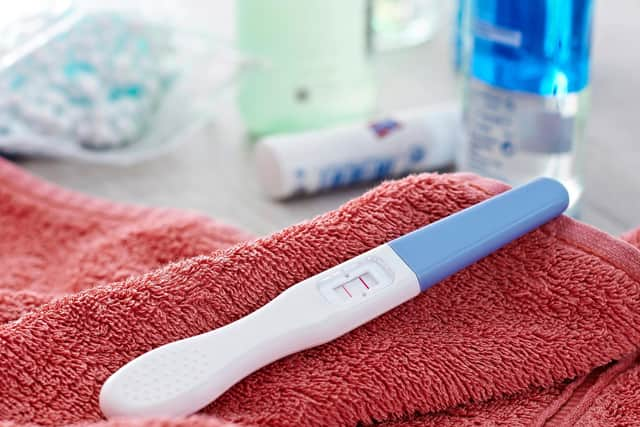Scotland abortion number second-highest on record, figures show
Last year, 13,815 terminations were conducted in Scotland according to Public Health Scotland figures released on Tuesday, most of which involved women aged between the ages of 20 and 24.
The only time since 1968 – when records were first kept – when the overall figure has been higher was in 2008 when 13,908 procedures were carried out.


Advertisement
Hide AdAdvertisement
Hide AdThe figure for girls under the age of 16 was 103, less than a third of the peak seen in 2007 when 376 abortions were undertaken.
A total of 3,791 terminations were carried out in women aged between 20 and 24 years old, while 3,387 were recorded for the 25 to 29 age group.
The rate of abortion per 1,000 people in Scotland is also the highest on record since figures were first kept, at 13.4.
Women from the most deprived 20 per cent of areas in Scotland were more than twice as likely to have an abortion, the figures showed.
Those in SIMD 1 – the lowest category on the Scottish Index of Multiple Depravations – accounted for 4,246 terminations, compared to 1,758 in SIMD 5.
The vast majority of procedures (98.4 per cent) were done to protect the physical or mental health of the mother, while 1.5 per cent of cases would see the unborn child severely disabled if carried to term.
A message from the Editor:
Thank you for reading this article. We're more reliant on your support than ever as the shift in consumer habits brought about by Coronavirus impacts our advertisers.
If you haven't already, please consider supporting our trusted, fact-checked journalism by taking out a digital subscription.
Comments
Want to join the conversation? Please or to comment on this article.
